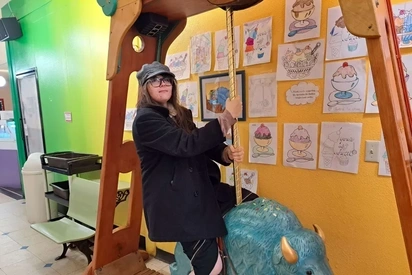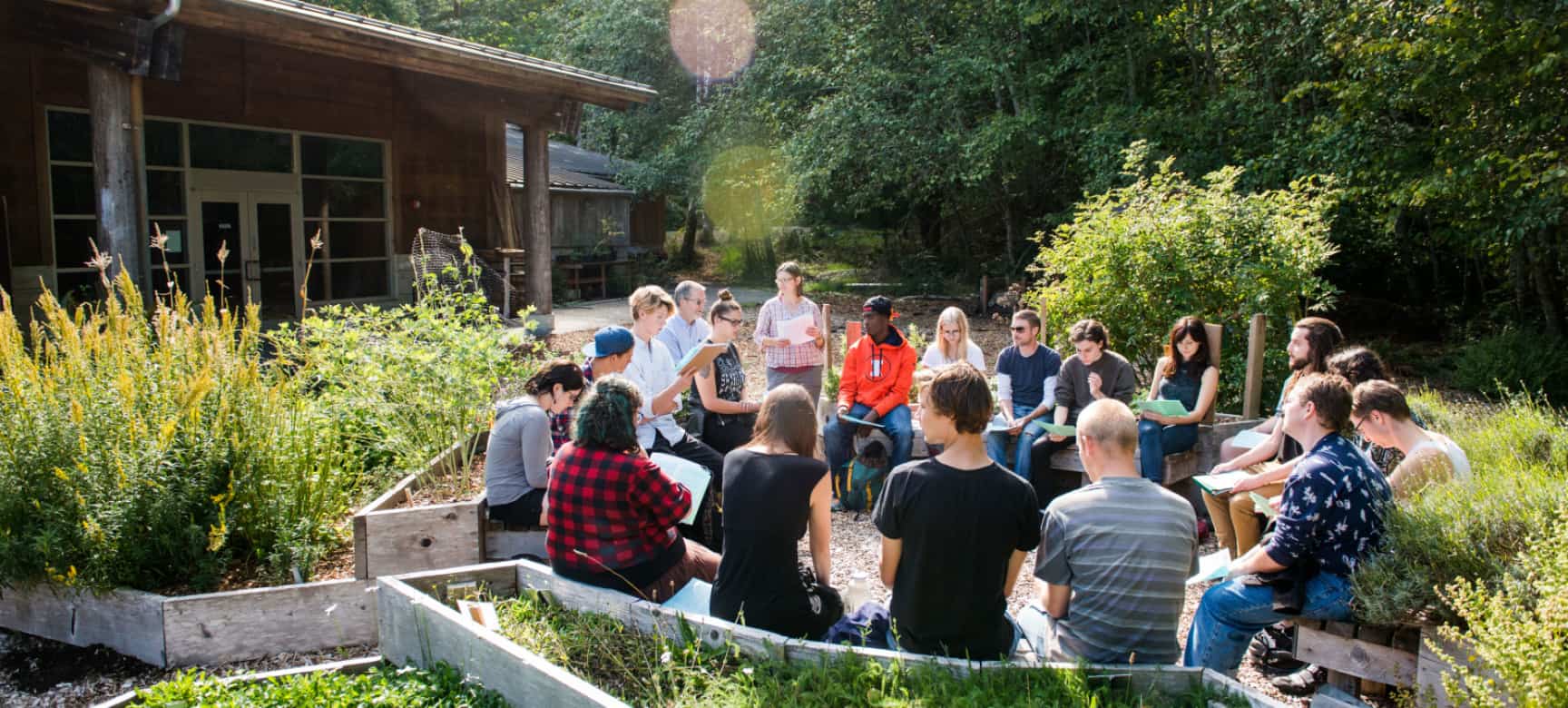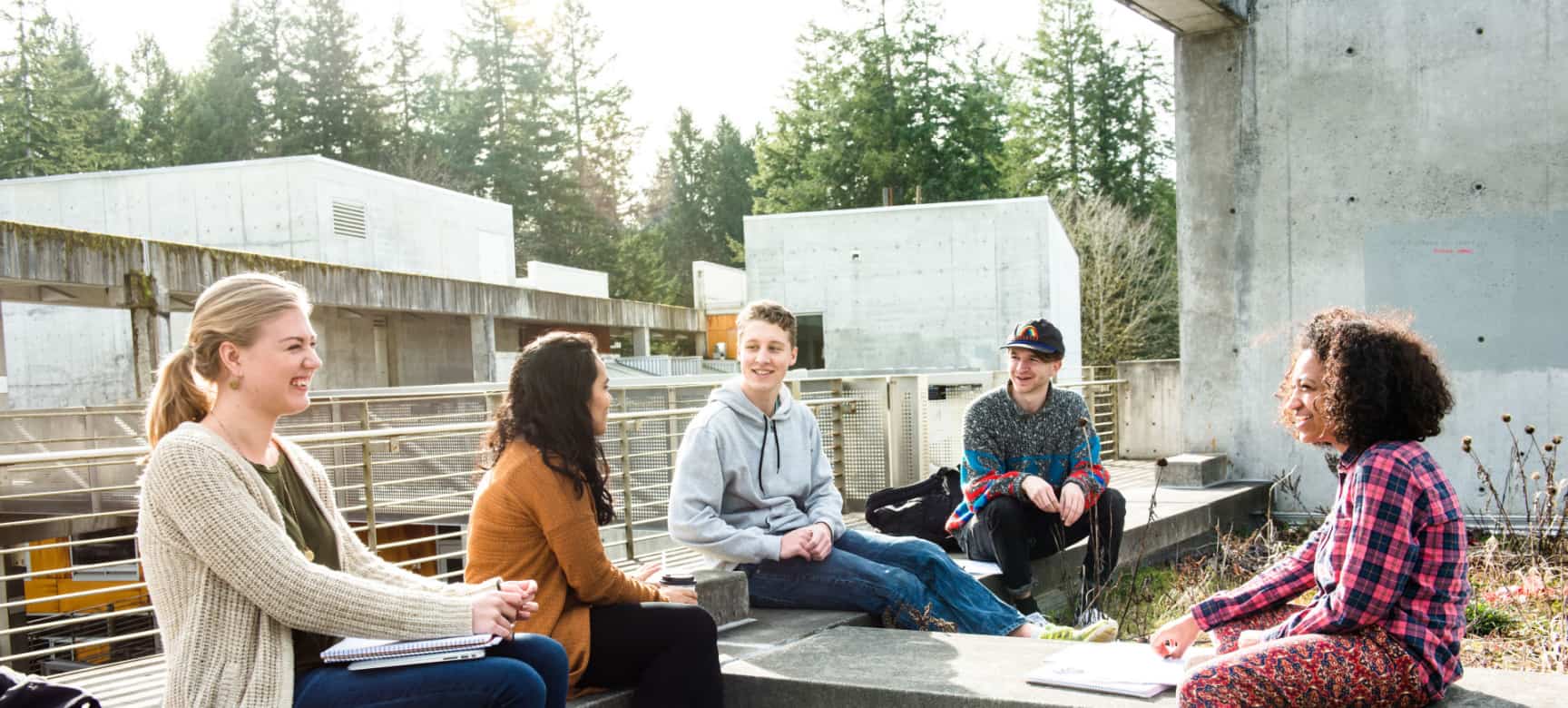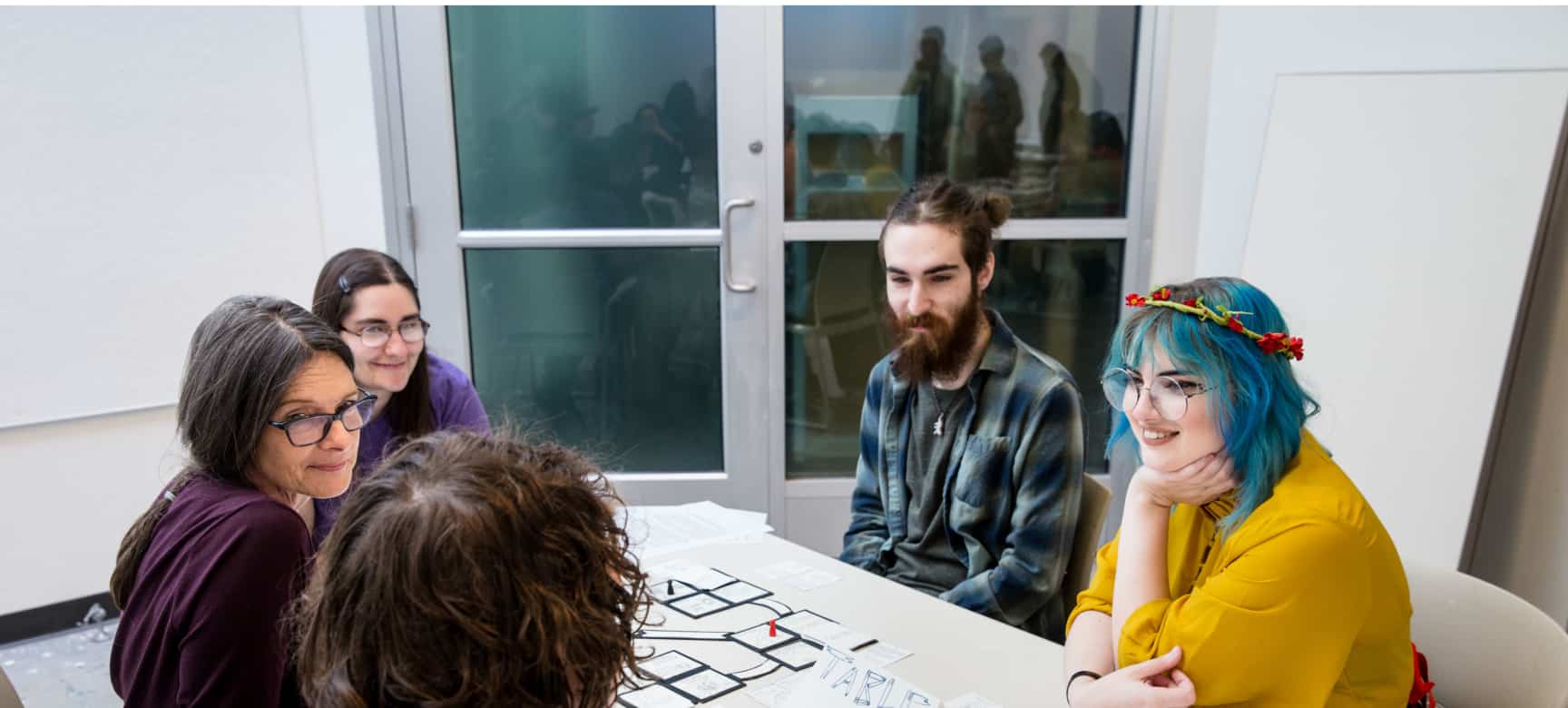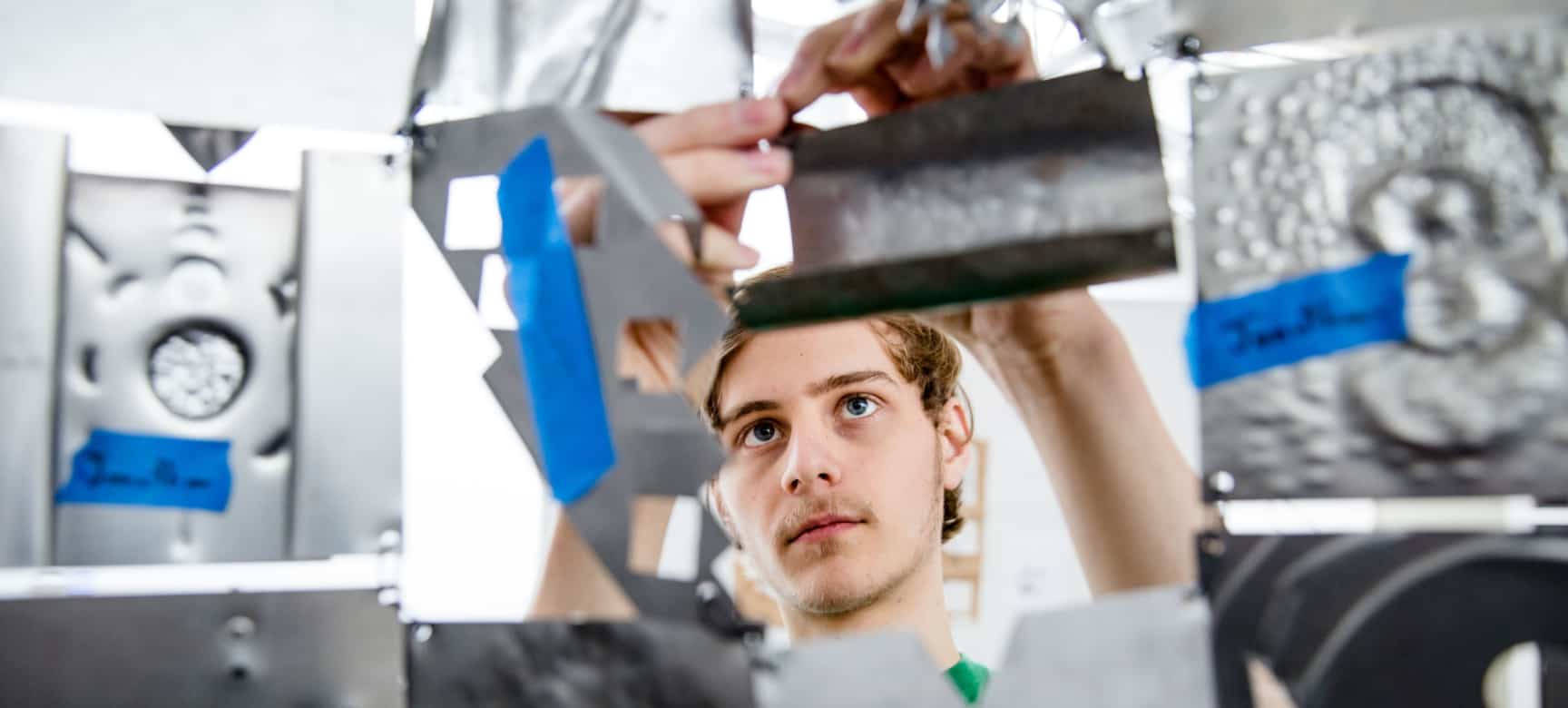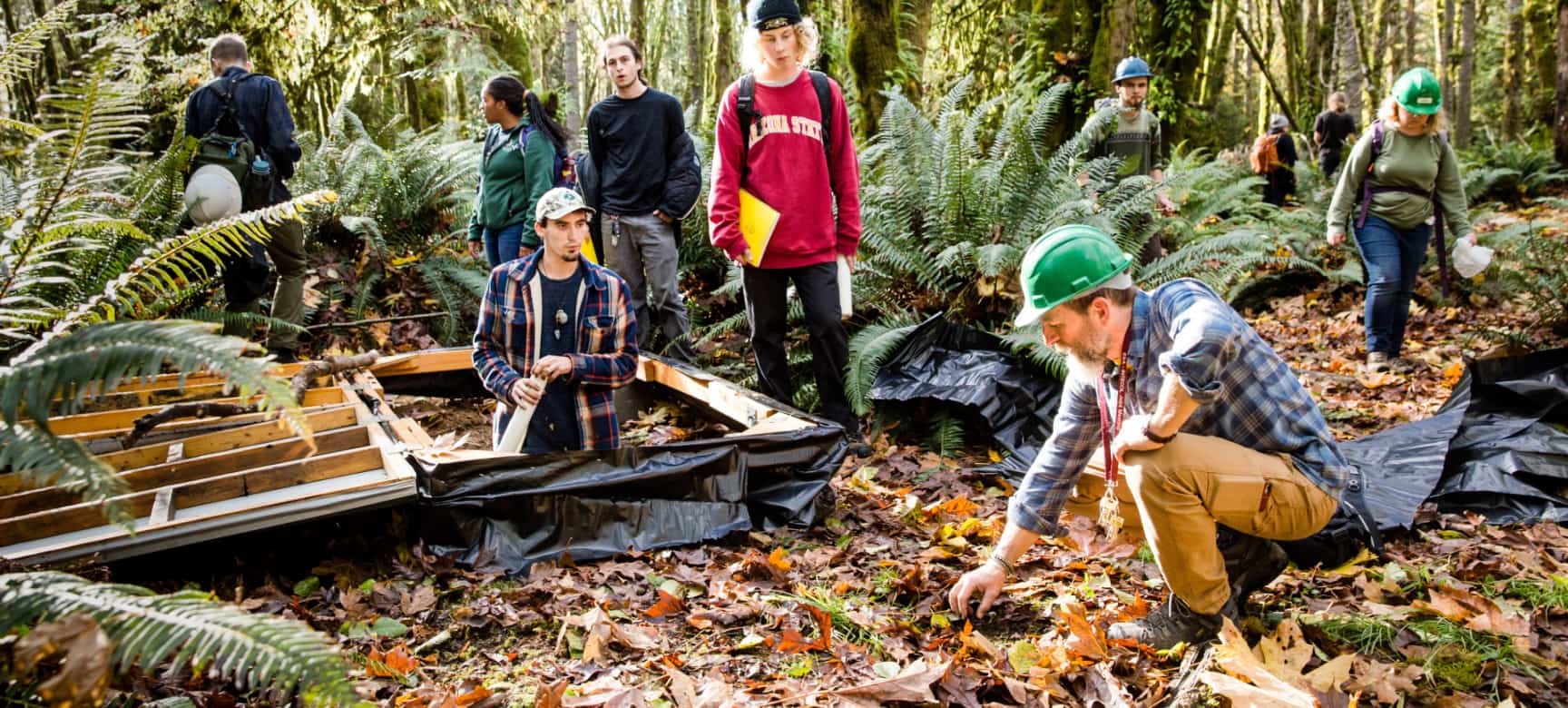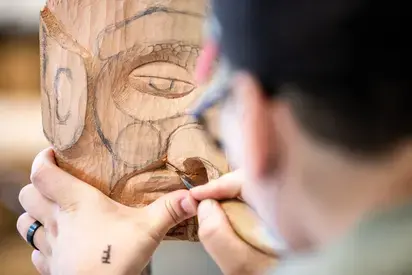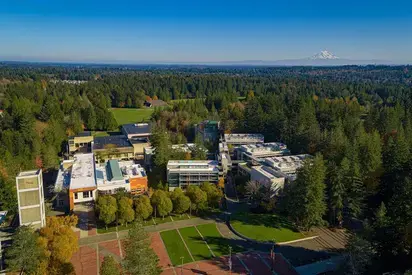Freedom to Explore Your Interests and Create Your Own Unique Education
Choose the subjects that are most compelling to you without being limited by traditional majors or minors. You can combine subjects from different disciplines to create a degree that is truly all your own.
Evergreen also provides structure and guidance to help you make the most of your time here. We can help you develop a Path, which is an intentional plan for your educational journey. Your Path will help you stay on track and taking the courses and programs that are just right for your interests.
With this interdisciplinary approach, you'll build knowledge and skills that break through academic boundaries to achieve your future goals.
Discover new subjects, build key skills, and broaden your knowledge.
Refine your interests and try
intermediate or advanced work.
Add depth with practical and field experience through
community-based learning or in-depth research.
Apply what you have learned with a capstone project or internship that will prepare you for work or graduate school.
Immerse yourself in a pre-built path and connect with a close-knit cohort that shares your specific interests.
Choose from programs and courses in different fields of study to customize a Path to your degree.
We’re constantly updating the Evergreen curriculum to create timely, topical pre-built Paths such as:
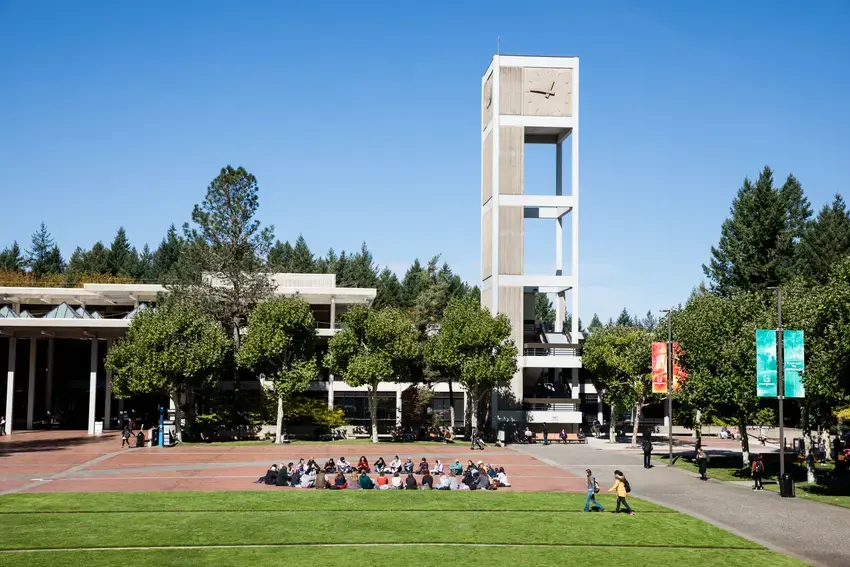
Immersive Learning in Programs
Evergreen students "live in the learning," as one alumni puts it. Everything you do is integrated with everything else. Your program is your creative, intellectual, and experiential home where you inquire, experiment, try hard, give and receive support, and most important s-t-r-e-t-c-h in new ways.
Your fellow students and your faculty are your primary community: you'll get to know each other and rely on each other, building unique friendships grounded in common interests and commitments.
Learn by Doing
Build community. Conduct original research. Dig in the dirt. Design and stage a performance. From cutting-edge labs to the Evergreen organic farm, you’ll dive into unique, hands-on opportunities to explore your passions.
Greener Terminology
At Evergreen, how we evaluate and document your academic journey is different from a traditional college. Instead of declaring a major or receiving letter grades, we have a more comprehensive process to capture both the breadth and depth of your experiences here. The following terms will become familiar to you as a student and are key to understanding the academic experience.
Field of Study
Academic topic or discipline
You can mix a variety of interests and, instead of declaring a major, develop your own area of emphasis in more than 40 Fields of Study based on your unique goals.
A Field of Study is a focused area of study, such as a discipline or an interdisciplinary area. Fields of Study show you what you can study at Evergreen.
Path
An academic plan
A Path is a set of programs and courses that provides a way to move from introductory to advanced undergraduate study in one or more related fields. You can identify with a Path developed by Evergreen or design your own Path to build an area of emphasis.
Evaluations
A reflection of your progress, more representative of your work than a simple letter grade
Narrative evaluations express the thinking that went into your work, what you completed and the reactions of both you and your faculty members to your work. These detailed documents often provide specific examples of achievement or progress.
Academic Statement
An essay summarizing what you have learned and achieved at Evergreen
Your academic statement will help you review, reflect upon, and connect common themes in your education each year. This process will help you in forging your path at Evergreen. Academic statements are submitted at the end of each year.
What does it mean to succeed at Evergreen?
Learn about our Six Expectations
Students work closely with faculty to meet these expectations and build them into their academic plan as they pursue their educational journey at Evergreen.
#AskAGreener: Academics Edition
Current students share their thoughts about our learning model and how our unique academic approach provides an experience unlike any other college.
Faces of Evergreen
Discover how current students, faculty and alumni are innovating and impacting our ever-changing world.

